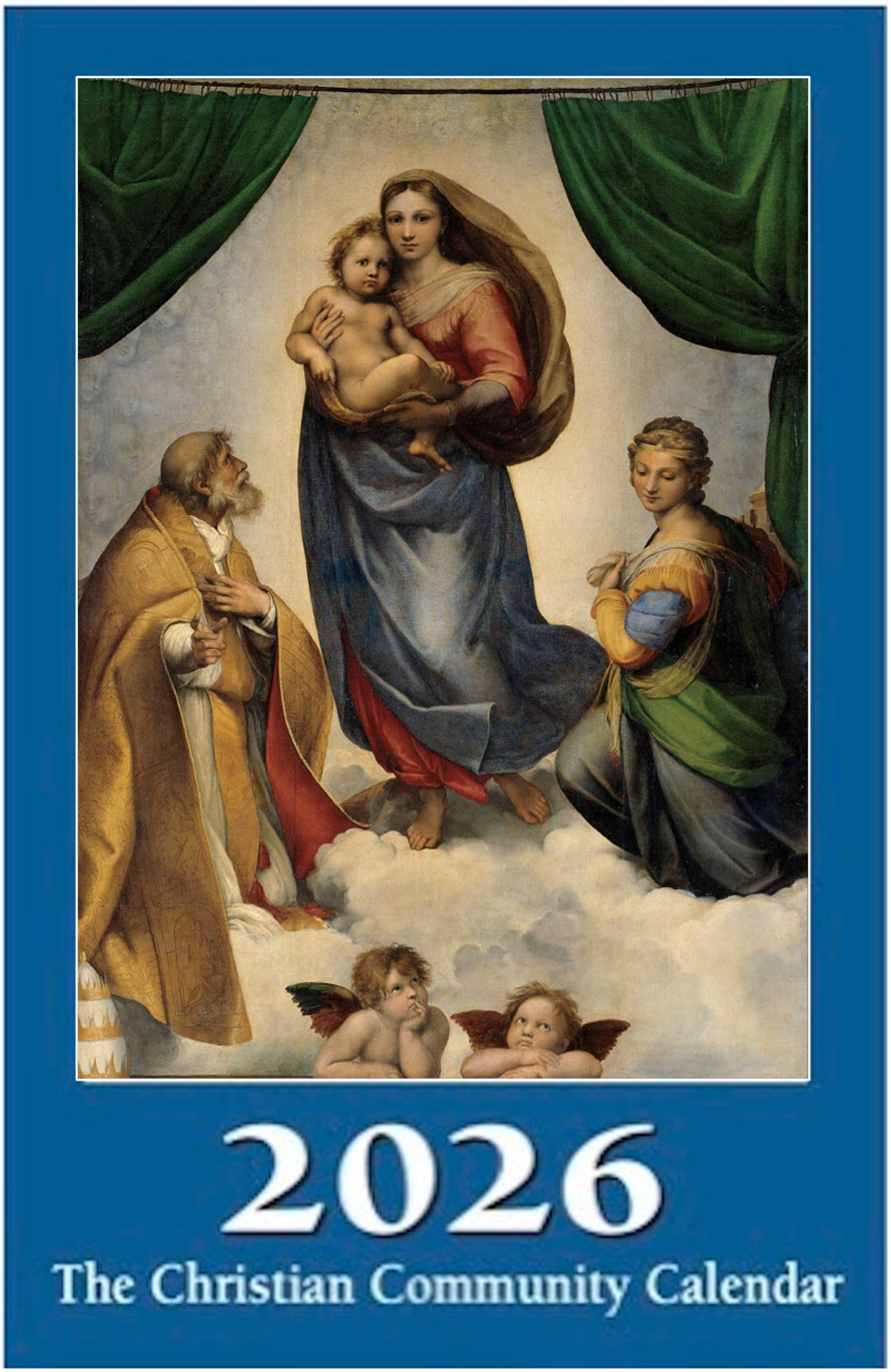Healing Ten Lepers (Luke 17:11-19)
The healing of the ten lepers in the Gospel of Luke is not only an example of divine power, but also of human weakness. The tragedy, the disillusionment sound in the question Christ asks when only one returns to thank Him: “Were not ten healed? Where are the other nine? Are they not returning to praise the power of God? Why is it only this foreigner who does that?” To none of these questions does He get an answer.
We only need to briefly project ourselves into the situation to feel the painful rejection Christ had to undergo. Almighty as His healing power may be, so powerless does He stand vis-à-vis people who turn their backs on Him and simply disappear.
That is how it went at the time. And now? Does history repeat itself—or do we perhaps do it differently than at that time?
We are all suffering from a collective illness that has estranged us from our divine origin. Think of what the Act of Consecration calls the sickness of sin. Even more concrete is the expression Rudolf Steiner used for the sickness of our time. He called it: der Aussatz des Materialismus, “the leprosy of materialism.” This sickness is unavoidable; we are all infected by it. The only medicine is: the healing medicine, His body and blood. And when we receive this sacrament, what is then our answer? Do we return to thank Him?
He does not want to give us His meal—He wants to share it with us. Sharing begins with thanking. Then only does this meal become complete, if it becomes eu-charist of Him and of us, which means: giving thanks. Then only can He say, just as to the one person who thanked Him: “Your faith has made you whole.”
-Rev. Bastiaan Baan, September 14, 2025

